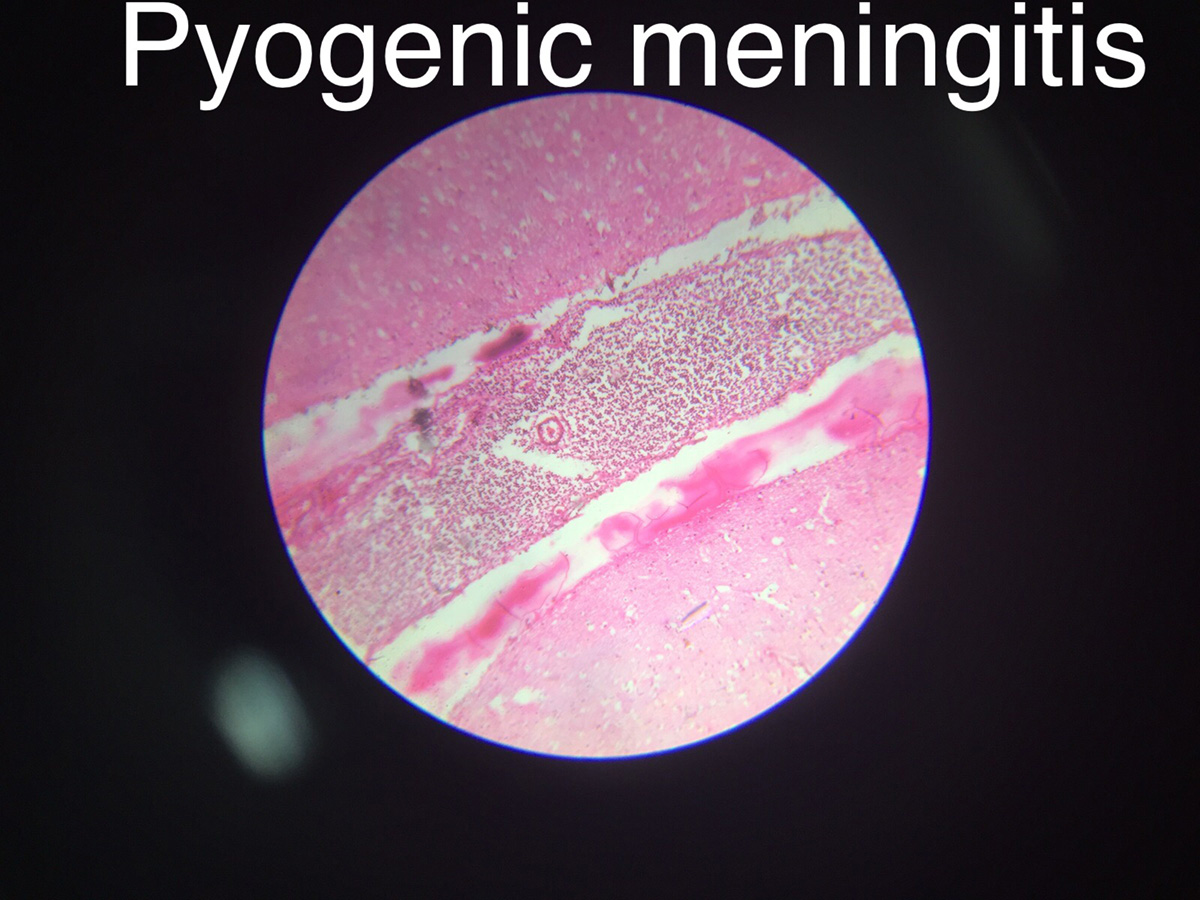
Meningitis is inflammation of the protective membranes that cover the brain and spinal cord. These membranes are also known as meninges. In most of the cases, meningitis is caused by viral infection, but bacteria and fungus may also cause it.
Course of the disease depends on what is causing it. In some cases, especially in children, it may resolve in a couple of weeks but in other cases, it may be a severe life-threatening condition. Every symptom of meningitis is a warning sign of a potentially fatal disease.
Symptoms of meningitis typically include headache, stiffness of the neck, high fever, confusion or altered consciousness, vomiting, and an inability to tolerate light or loud noises. Seeking medical care and starting with an early treatment can prevent serious complications.
Meningitis in children
The highest incidence of meningitis in children is between birth and 2 years. Children are at the greatest risk immediately after birth and at 3 to 8 months. Increased exposure to infections and already present immune system problems are additionally increasing a child's risk of meningitis. In very small children, only nonspecific symptoms of the disease are present, and this makes it very hard to establish an exact diagnosis and start with the early treatment. The longer the child has a disease without treatment, the greater are chances of developing various complications.
Meningitis complications in children
Bacterial meningitis is always associated with high fever. Fever is a part of our bodies' natural defense mechanism. In meningitis, fever can be as high as to reach 103 degrees F, or even more. This provokes many unpleasant symptoms such as strong pain and headache. Untreated high fevers may result in seizures and permanent neurological damage.
Sepsis is another severe complication of meningitis and it occurs when the bacteria from the brain and spinal cord enters the bloodstream. The symptoms of sepsis are low blood pressure, decreased urination and multiple organ failure. Sepsis is serous and life-threatening complication.
Increased intracranial pressure is a complication that develops as a result of swelling of the brain. Pressure in the lobe increases and patients are experiencing symptoms such as confusion, lethargy, projectile vomiting, low heart rate, high blood pressure, low respiratory rate and possible death.
Developmental delay is another complication associated with meningitis. It may be very mild or extremely severe. Symptoms of developmental delay are ranging from mild problems with learning to the complete vegetative state in which child needs complete care.
Only one complication is sometimes sufficient to lead to death of a child patient. World Health Organization reports that just about 5 to 10 % of those infected with meningococcal meningitis will die within 24 to 48 hours of onset of symptoms. Treatment with appropriate medications reduces this risk to less than 15 percent.
















-In-Infants-And-Older-Children_f_280x120.jpg)
Your thoughts on this
Loading...